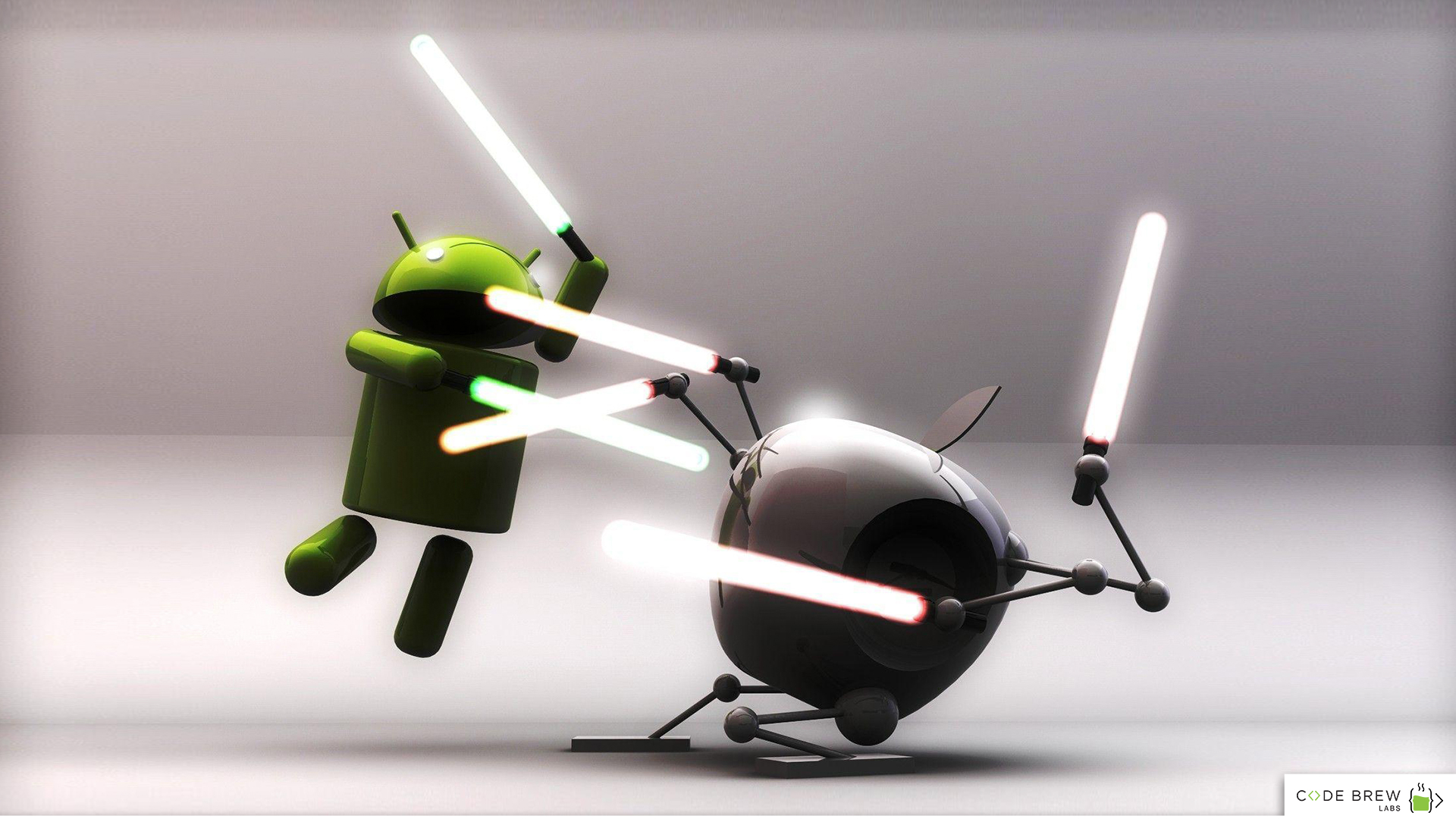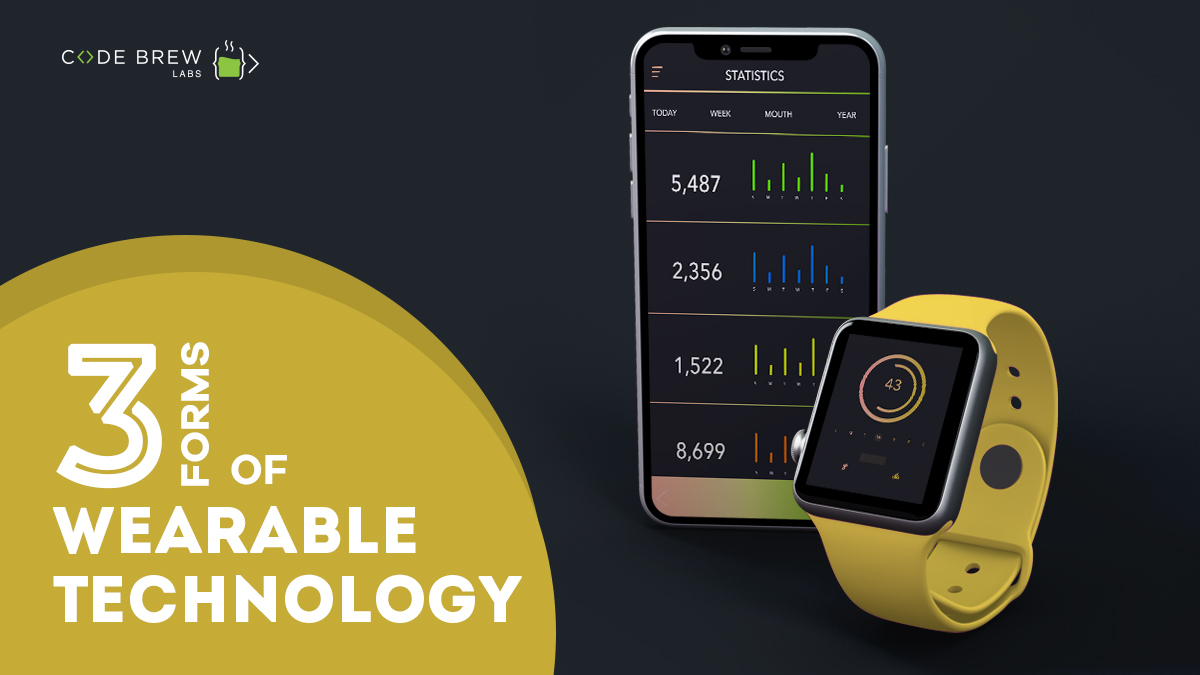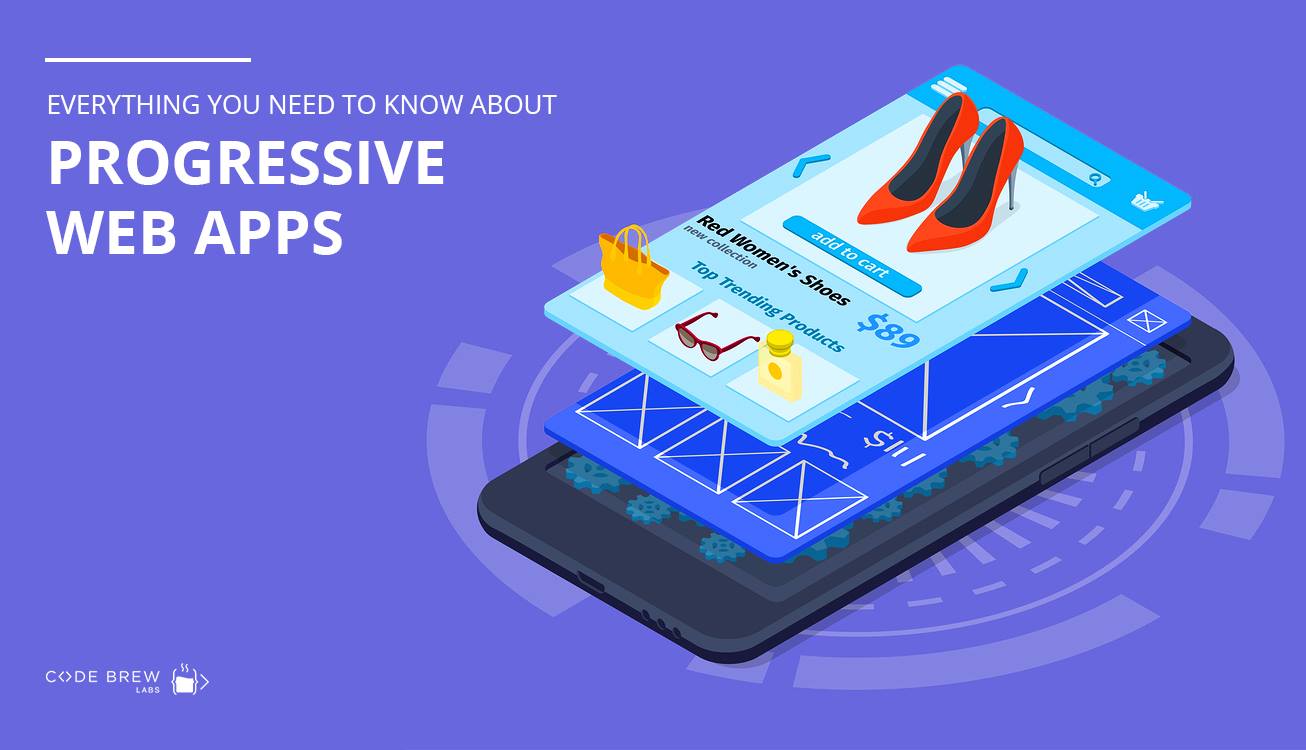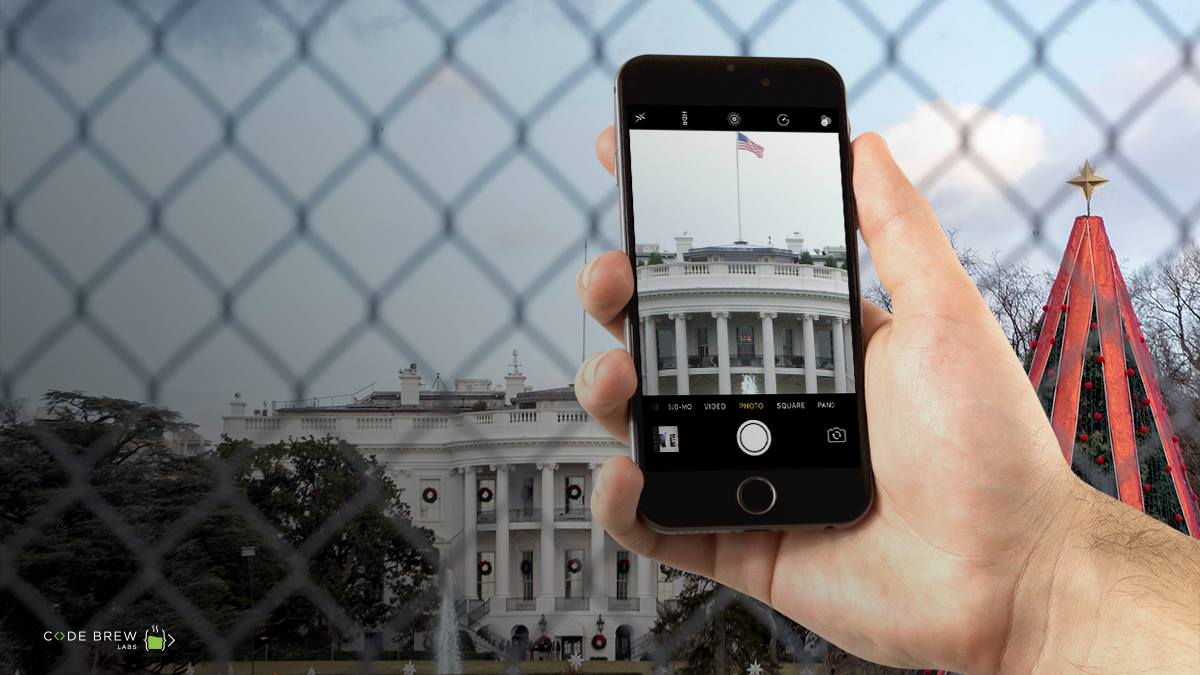iOS vs Android – the rivalry goes back to the genesis of the smartphone industry as we know today. It’s almost been a decade and the two still find themselves at each other’s throats in a competition that has fascinated the global mobile community. Both the platforms have a strong fan following. Their loyalty has been a cause of countless debates around the world to determine which platform really has the upper hand?
Furthermore, Android and iOS have dominated the smartphone landscape since the beginning and no other player has been able to come anywhere close to challenging them successfully. It can be safely asserted that the smartphone battle has come down to a contest between Android and iOS. So, who really is winning the fight now? In this blog, we’ll take a look at the Android Pie and Apple iOS 11 to find out who’s in the lead in this absorbing content. Without further ado, let’s uncover the truth:
Notches and Gestures
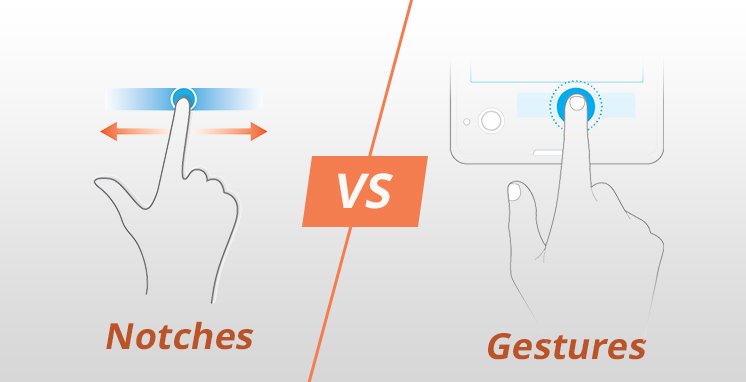
As is deeply ingrained in Apple’s philosophy, they take a poorly done innovation from a competitor, design it in their own style and then sell the same to the wider world. Well, at least, that was the case with the notches and Swipe gestures. iPhone X was not the first phone to introduce either(Essential Phone for notch and Palm Pre for gestures have that distinction to their name) to the world but was the first to popularize both at a grand scale.
Google was even slower in getting on terms with notches and navigation gestures. But with the release of Android Pie, it finally embraced them both. Although, a lot of Android phone manufacturers would argue they had already jumped on the bandwagon.
It must be noted that Android Pie isn’t entirely gestural as it relies a great deal on the back button. Plus, given that each Android phone manufacturer likes to leave their personal mark on the design, the gestures and notches won’t have the same uniformity as the Apple’s iPhone X offers. Android’s liberty and open-source approach sort of comes back to bite them here as each manufacturer will have their own idea of applying notch and gestures in their phones. No wonder, iOS gains the upper hand over Android here.
Voice Assistant: Google Assistant vs. Siri
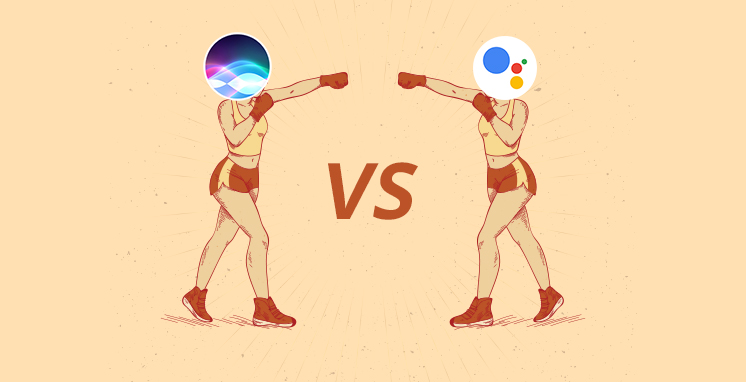
Siri is definitely making progress. In the iOS 12, it looks to predict what the user might have in their mind. Then there’s a new app called Shortcuts, that will allow users to set up a personalized profile that goes through a step by step routine as you say particular keywords. Say for example, “Going Home” can send a message to your partner to play your favourite radio station and also proceed to navigate the least crowded route for you.
But that’s nothing compared to Google Assistant. The wealth of information that Google has to offer is staggering and easily puts Apple to shame. Siri, one might say, is trudging along. Google has recently developed six new voices for the Google Assistant. It can process tons of questions or group commands and what’s more, it brags about teaching your kids some manners.
Google’s ultimate aim is to make Google Assistant feel and work like a real human being. In the future, Google Assistant may start booking reservations or appointments on your behalf. Siri? Well, it really hasn’t done anything earth-shattering yet. Google Assistant is light years ahead of Siri.
Messaging: iMessage vs… who?
Apple’s iMessage is making remarkable progress. We’ve got the fancy Animoji, Peer to peer payments. FaceTime video calls can be launched from within the app. There’s Wi-Fi texting between iMessage users and cross-platform SMS texting between phone, iPad and Mac.
Then, on the other hand, you’ve got Google Hangouts, which is really short of functionality and shockingly underdeveloped. The addition of Android Messages texting app on the web is a recent addition, wherein it can be used both on the phone as well as on a PC. Google Duo does a great job of making video-calls from your phone and possibly on tablets in near future, but it doesn’t work on desktop or Google’s various messaging apps like Hangouts or Messages. iOS may just have taken an unassailable lead against Android as far as messaging app support is concerned.
Maps: Apple Maps vs. Google Maps
iPhone Maps is quite neat but very limited i.e. it does the job for turn by turn directions. But that’s just about what you can expect from it. Google Maps, on the other hand, takes mapping to a whole new level. There’s layer after layer of vital information that the user would like to get their hands on. And Google isn’t stopping there. It aims to finally make maps so reliable that a person one day would be able to roam around an unknown city without any worries whatsoever. Now that’s a futuristic view. Full marks to Google Maps – a clear and easy winner.
Face unlock: Secure vs. convenient
Android being more about convenience does cop quite a bit of flag when it comes to security. That certainly applies to it’s Face Unlock. It is humbled against the iPhone X’s Face ID, which became the first ever smartphone to use a 3D front-facing camera.
Samsung’s iris-unlocking is promising and said to be quite secure, but that’s a feature limited only to Samsung phones. Likewise, Oppo Find X made use of a 3D camera for face unlock much like the iPhone X. But these are all individual manufacturers’ undertakings and not Google’s. Apple steals the show as far as facial recognition and unlocking is concerned.
So Who’s Winning It Then?
So far, I’d say Google has taken the lead with some really fascinating and state of the art technological advances. Apple makes progress but that progress is often late in coming. Furthermore, Apple’s Siri is terribly losing the ground against Google Assistant. But, let’s just say this competition is the reason we have been able to witness some groundbreaking inventions in the smartphone industry. It’s definitely in our interests that the competition persists and goes on maybe forever.
